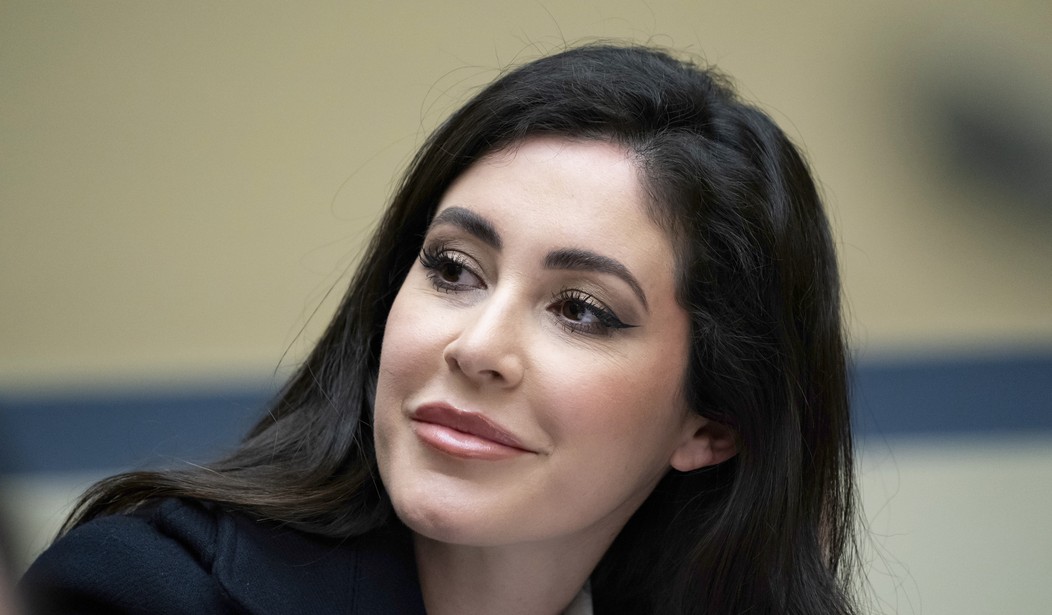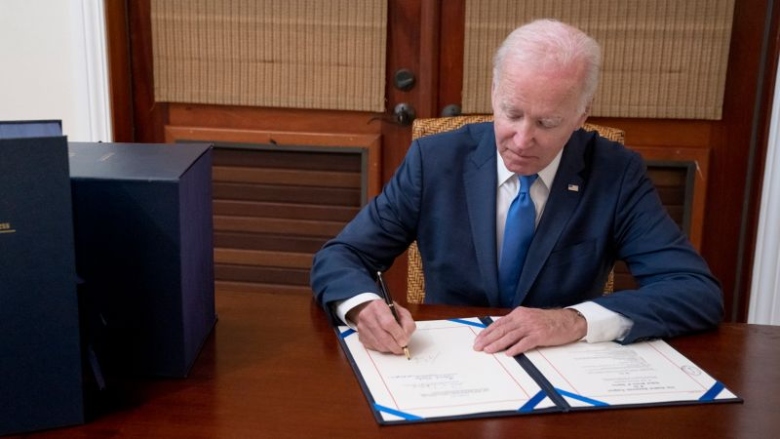Candace Owens Calls Out Don Lemon’s For His Double Standards in Reporting Jan. 6 Event and BLM Riots
Conservative commentator Candace Owens has once again made headlines by calling out CNN anchor Don Lemon for what she describes as blatant hypocrisy in his reporting of the January 6 Capitol event and the Black Lives Matter (BLM) riots.
In a recent heated interview, Owens accused Lemon of applying double standards in his coverage, a claim that has resonated with many on the right.

During the interview, Owens criticized Lemon for his starkly different portrayals of the two events.
She argued that while Lemon and other mainstream media figures depicted the January 6 event as an insurrection and a threat to democracy, they often downplayed the violence and destruction that occurred during the BLM riots in the summer of 2020.
Owens pointed out that the BLM riots resulted in extensive property damage, numerous injuries, and several deaths, yet these events were frequently framed as mostly peaceful protests.
Lemon mentioned veteran Ashli Babbitt, who was shot during the Capitol event. He argued that Babbitt’s death, while tragic, was the result of her refusal to comply with law enforcement officers’ commands.
“Ashli Babbitt broke into the Capitol. It’s awful that anybody died. Police officers, you see the tape on camera telling her and everyone to stand down as she tried to enter. She was not complying. As people say, when police officers or officials tell you to do something, you should comply,” said Lemon.
“When she tried to break into the Capitol and defied the officer’s commands, they did what they had to do, and she ended up dying. It’s awful that it happened. But to say that she died and insinuate that it was because of some nefarious actions by the officers, I just think that that is beyond the pale and does not actually fit a solid narrative of what happened,” Lemon added.
Don Lemon: “Ashli Babbitt broke into the Capitol. She was not complying. As people say: When police officers or officials tell you to do something, one should comply. They did what they had to do, and she ended up dying.”
Candace Owens: “I’m actually dizzy right now. Because your entire perspective has been pro-BLM. And your entire perspective on your network has been essentially that it was totally fine for the officers that were killed during the BLM riots.”
Don Lemon: “Can we keep the focus on the insurrection and not BLM.”
Candace Owens: “But you had them throwing bombs, literally molotov cocktails in the very same summer that you’re talking about the ‘insurrection’. Molotov Cocktails were thrown into police cruisers, during the BLM George Floyd BLM riots, you didn’t seem to have the same sensitivity towards police officers.” “I’m dizzy because I can’t figure out whether or not you care about police officers, or you don’t care about them.”
“There’s a clear bias in how these events are covered,” Owens said.
“When it comes to January 6, it’s all about condemning the so-called insurrectionists, but when it comes to BLM riots, the narrative shifts to social justice and the supposed righteousness of their cause. This double standard is not only misleading but dangerous.”
Owens’ statements come amid a broader debate over media bias and the role of journalism in shaping public perception.
Conservative voices have long criticized outlets like CNN for what they perceive as a left-leaning slant in their reporting. Owens’ comments add fuel to this ongoing discourse, highlighting a persistent divide in how different political factions interpret and react to major news events.
Don Lemon has been a prominent figure in the media’s coverage of both the January 6 event and the BLM riots. His approach has often been criticized by conservative commentators for being overly sympathetic to progressive causes while harshly condemning conservative actions.
In the interview, Owens confronted Lemon directly about this, questioning his journalistic integrity and commitment to impartiality.
“You can’t call yourself a journalist if you’re not willing to hold all sides accountable,” Owens asserted. “By choosing to frame one side as heroes and the other as villains, you’re not reporting the news—you’re pushing a narrative.”
Lemon, who has defended his coverage of both events, has previously stated that his reporting reflects the reality of what occurred. He has argued that the January 6 event was an unprecedented attack on American democracy, warranting a strong response, while the BLM protests were a reaction to systemic racism and police brutality, deserving of understanding and context.
However, Owens’ critique taps into a broader sentiment among conservatives who feel that their perspectives are consistently marginalized or misrepresented by mainstream media. This sentiment has fueled a growing distrust of traditional news outlets and has led many to seek out alternative sources of information.
Owens’ confrontation with Lemon underscores the deepening polarization in American media and politics. As both sides continue to accuse each other of bias and misinformation, the challenge of finding common ground and fostering informed public discourse becomes ever more daunting.
This interview also occurs against the backdrop of broader political tensions, including recent calls from some Democrats for President Joe Biden to step aside ahead of the 2024 election.
A Democratic representative recently told Biden “point blank to step aside,” signaling a possible shift in the party’s approach to the upcoming presidential race. These internal conflicts within the Democratic Party highlight the growing dissatisfaction with the current administration, further complicating the political landscape.
Candace Owens’ sharp critique of Don Lemon and the media at large resonates with a significant portion of the American populace that feels underrepresented and unheard. By bringing these issues to the forefront, Owens continues to play a pivotal role in the ongoing debate over media bias and journalistic standards.
Her confrontation with Lemon serves as a reminder of the importance of balanced and fair reporting in maintaining a healthy democracy.

